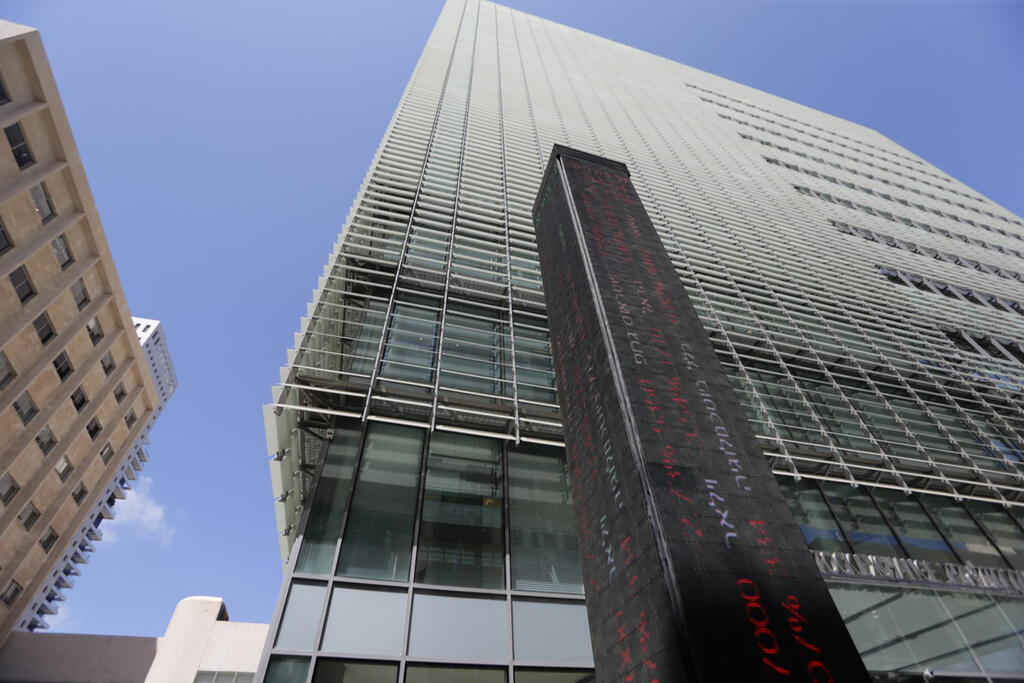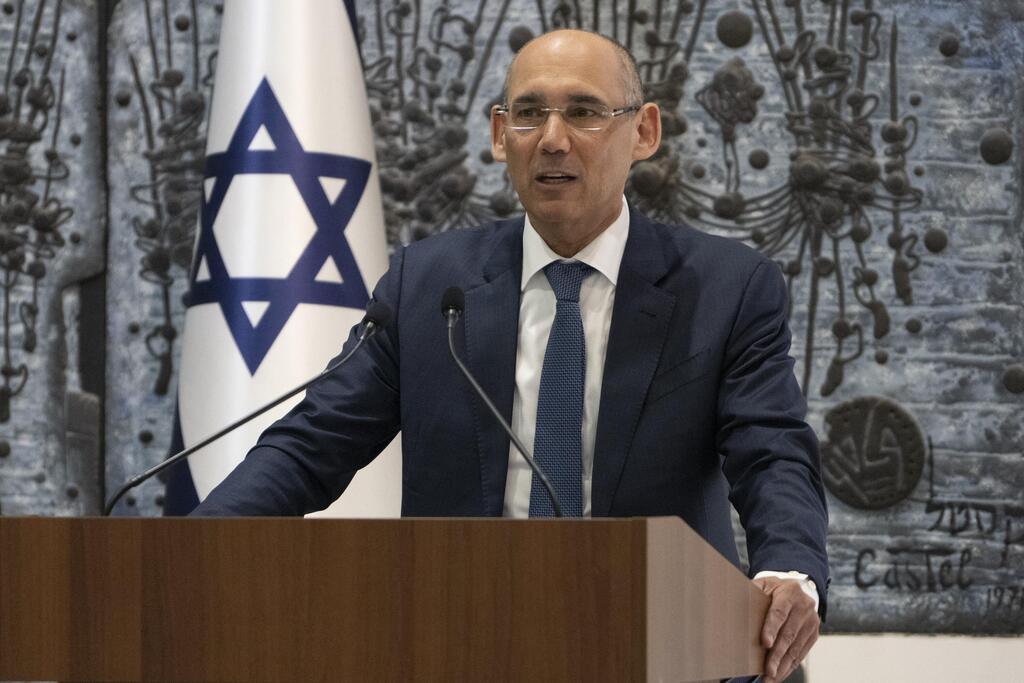Getting your Trinity Audio player ready...
Ongoing security tensions in Israel and global market volatility driven by U.S. tariff policies continue to weigh on the Israeli shekel, which has weakened significantly against the euro and, unusually, also against the U.S. dollar.
The euro climbed to a recent high of 4.30 shekels during trading Monday before settling at 4.27. On Sunday, the Bank of Israel set the euro’s official rate at 4.25 shekels, a 1.5% increase from the previous day.
Despite a global decline of roughly 3% in the dollar’s value in recent days, the U.S. currency traded around 3.71 shekels in Israel Monday morning. The Bank of Israel had set the official rate at 3.69 shekels on Sunday, a marginal increase of less than 0.1%. The dollar is now trading nearly 1% above that rate.
The shekel’s decline has been a boon for Israeli exporters, who receive more shekels per dollar or euro earned abroad. However, the weakening currency is driving up costs for Israelis traveling overseas, with vacations and business trips becoming hundreds or even thousands of shekels more expensive due to higher hotel, car rental and airfare prices calculated in foreign currencies.
As fighting in Gaza escalates and negotiations for a ceasefire and the release of hostages remain stalled, defense spending is rising sharply. The Israeli military has requested an additional 10 billion shekels for its budget. The mobilization of reservists, a slump in inbound tourism and investor caution are also weighing on Israel’s economy.
“The recent increase in foreign exchange rates—especially the euro—is a significant development for exporters,” said Or Poria, chairman of Poria Finance. “A company exporting to Europe effectively sees a 15% increase in revenue in shekel terms, even as operating costs remain unchanged. That directly improves profit margins.” He warned, however, that the trend could reverse if the shekel strengthens again and advised exporters to consider hedging.
Yossi Frank, CEO of Finance Energy, criticized the dollar’s rise in Israel as irrational. “Production costs are rising, importers keep raising prices, and fuel is more expensive even as oil prices fall,” he said. “It’s all upside down, and the Bank of Israel’s insistence on high interest rates is hurting the economy.”
Frank blamed the central bank for failing to intervene against speculative market activity. “Instead of addressing the root of the problem, the Bank of Israel watches from the sidelines. That’s why Israel is the only country where the dollar is strengthening.”
Dr. Ron Tomer, president of the Manufacturers Association of Israel, said the dollar’s strength in Israel is linked to the war and concerns over potential cuts in U.S. procurement, which is a major component of Israel’s export balance. While the stronger euro benefits exporters to Europe, he noted that Europe is also a key source of imports—especially raw materials—totaling about $12 billion annually.
Uri Tuval, CEO of Tuval Investment House and chairman of hedge fund Almenda Capital, said the shekel-dollar exchange rate is influenced primarily by Wall Street trends and Israel’s political and security situation.
Get the Ynetnews app on your smartphone: Google Play: https://bit.ly/4eJ37pE | Apple App Store: https://bit.ly/3ZL7iNv
“Periods of instability tend to strengthen the dollar due to market uncertainty,” he said. “Higher exchange rates benefit exporters, who earn in dollars or euros but pay local expenses in shekels.”
Yossi Fraiman, CEO of Prico Risk Management, cited fears of a trade war between the U.S. and its main partners, particularly China and the European Union, as a driver behind the euro’s strength. He also pointed to political pressure by former President Donald Trump on Federal Reserve Chair Jerome Powell to lower interest rates, which he said could undermine the Fed’s independence and further unsettle global markets. “Investors worried about the Fed’s autonomy may pull out of U.S. assets and the dollar,” Fraiman said.




